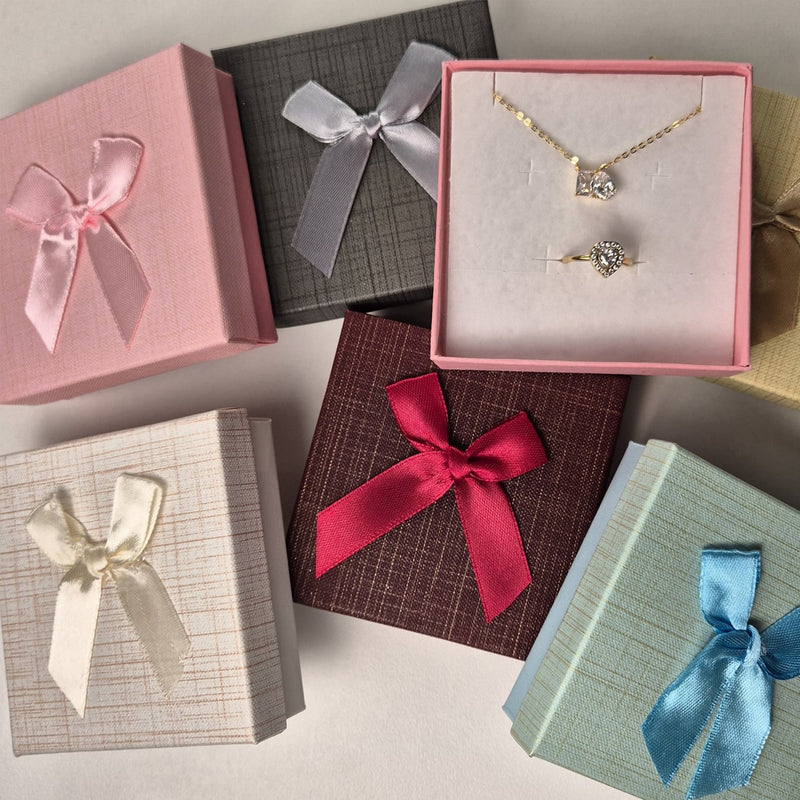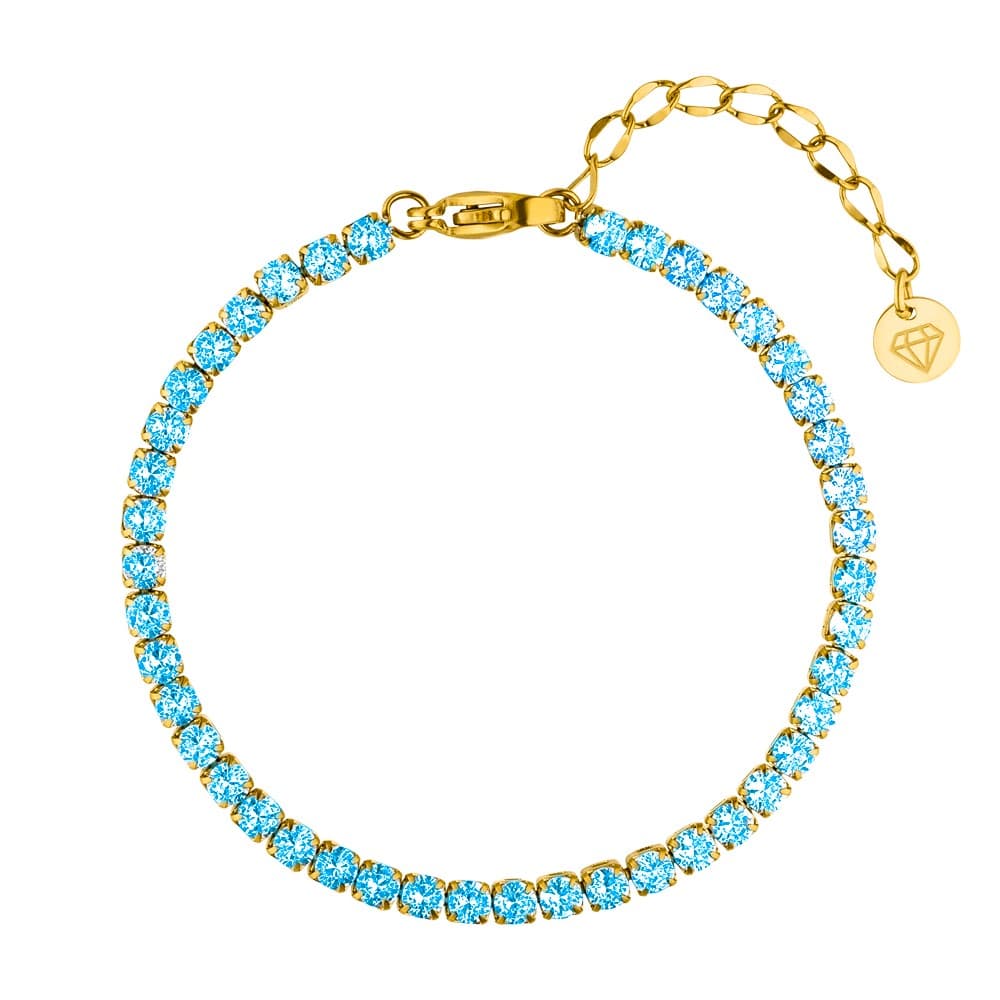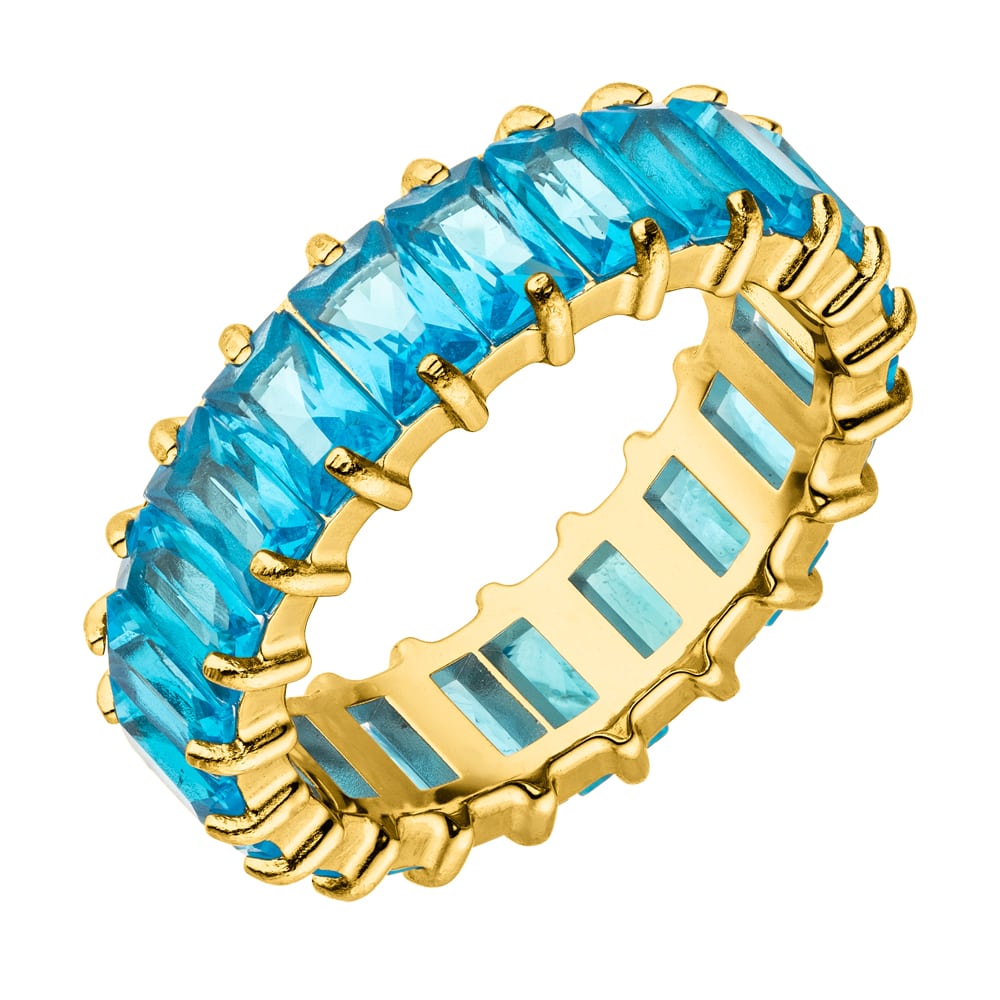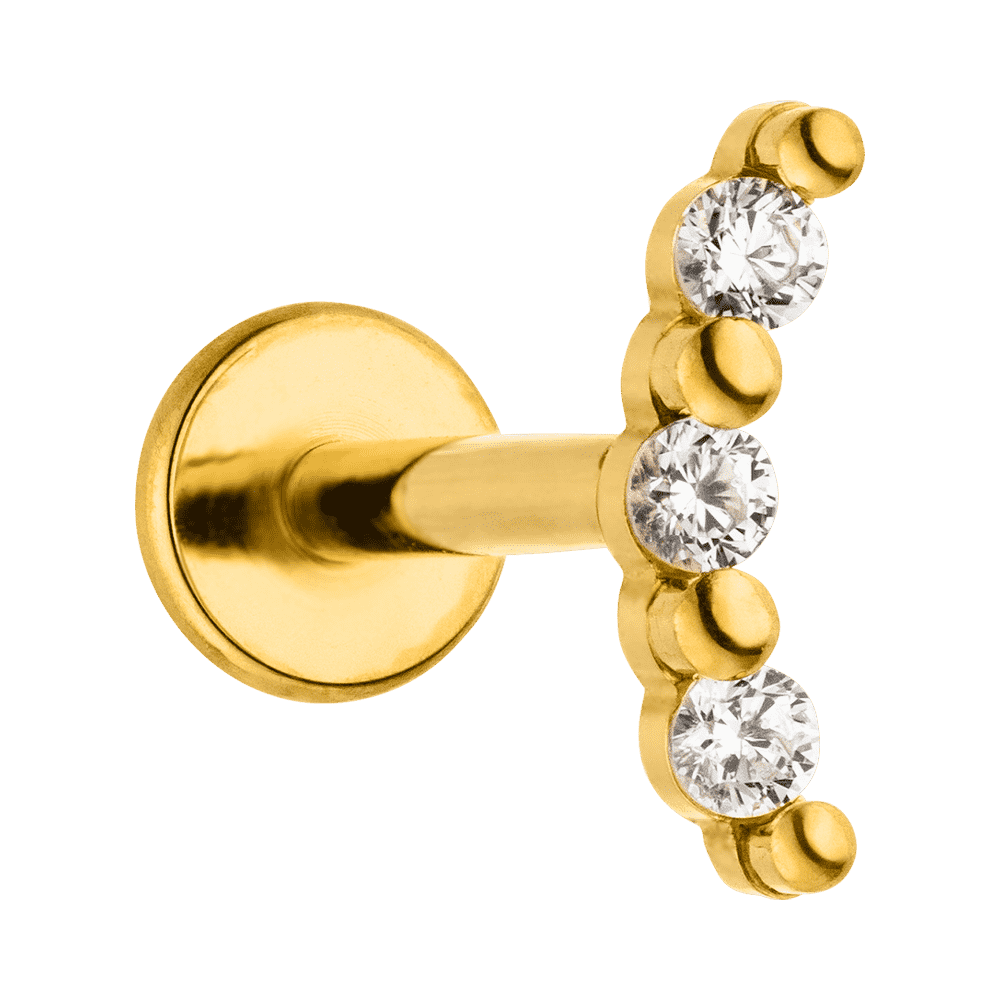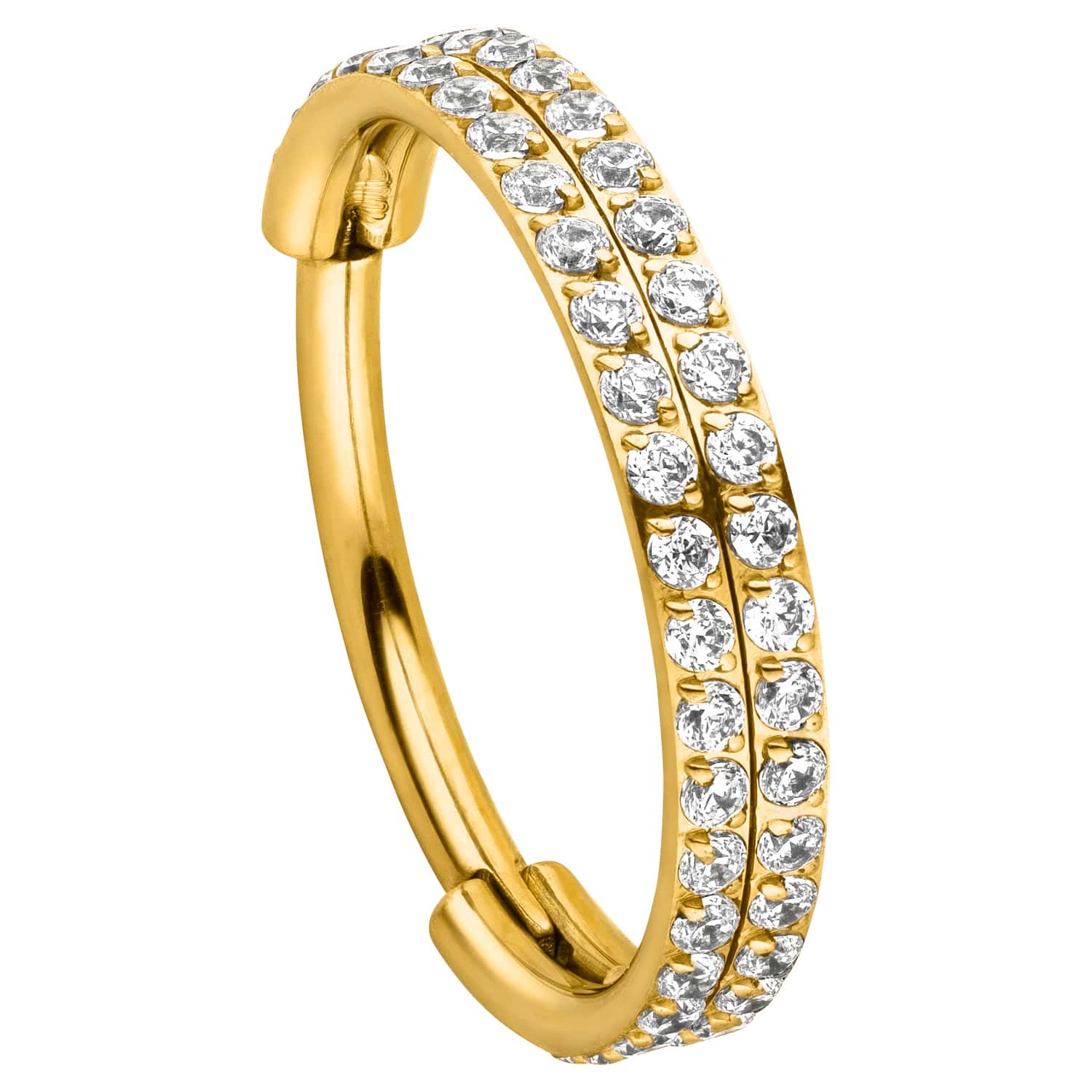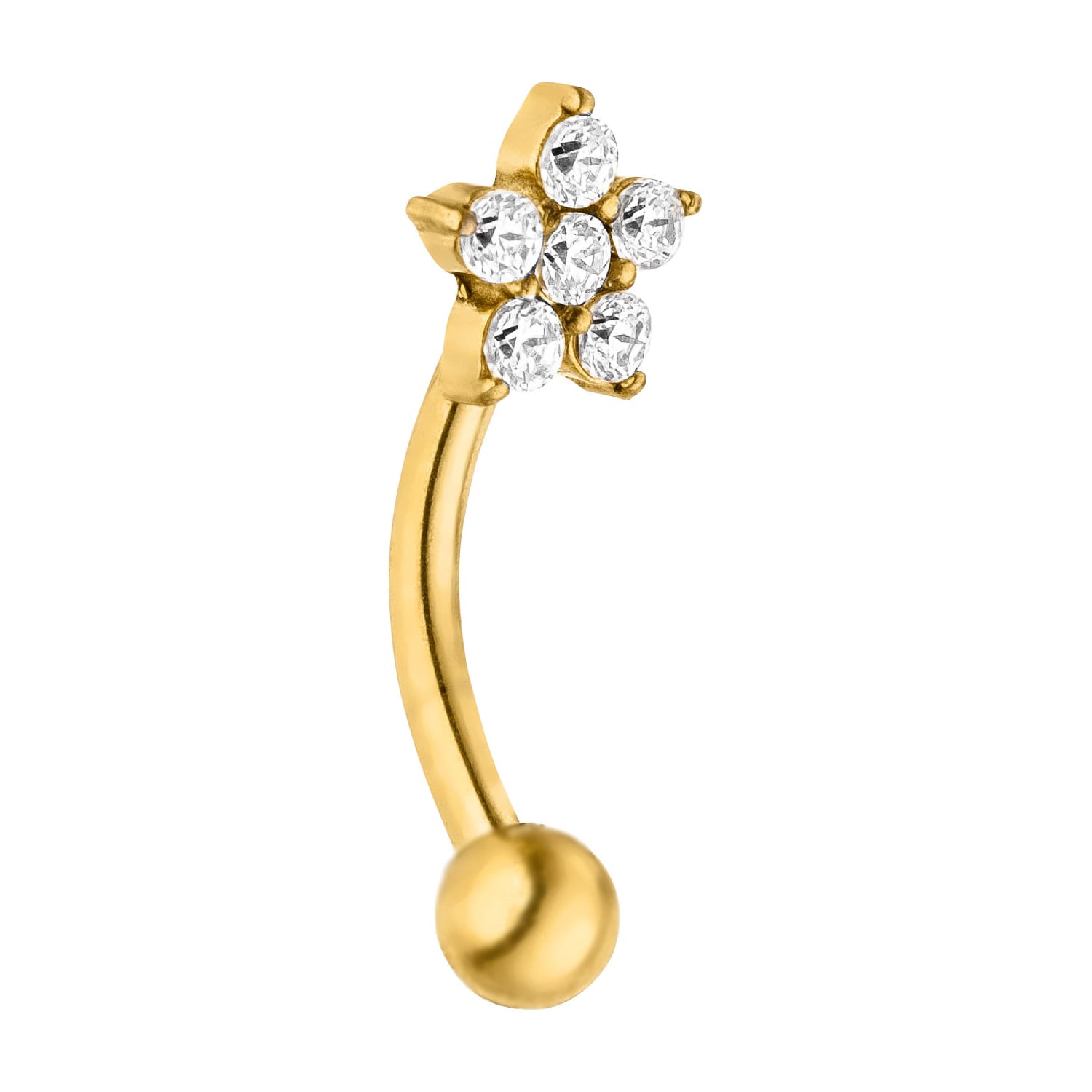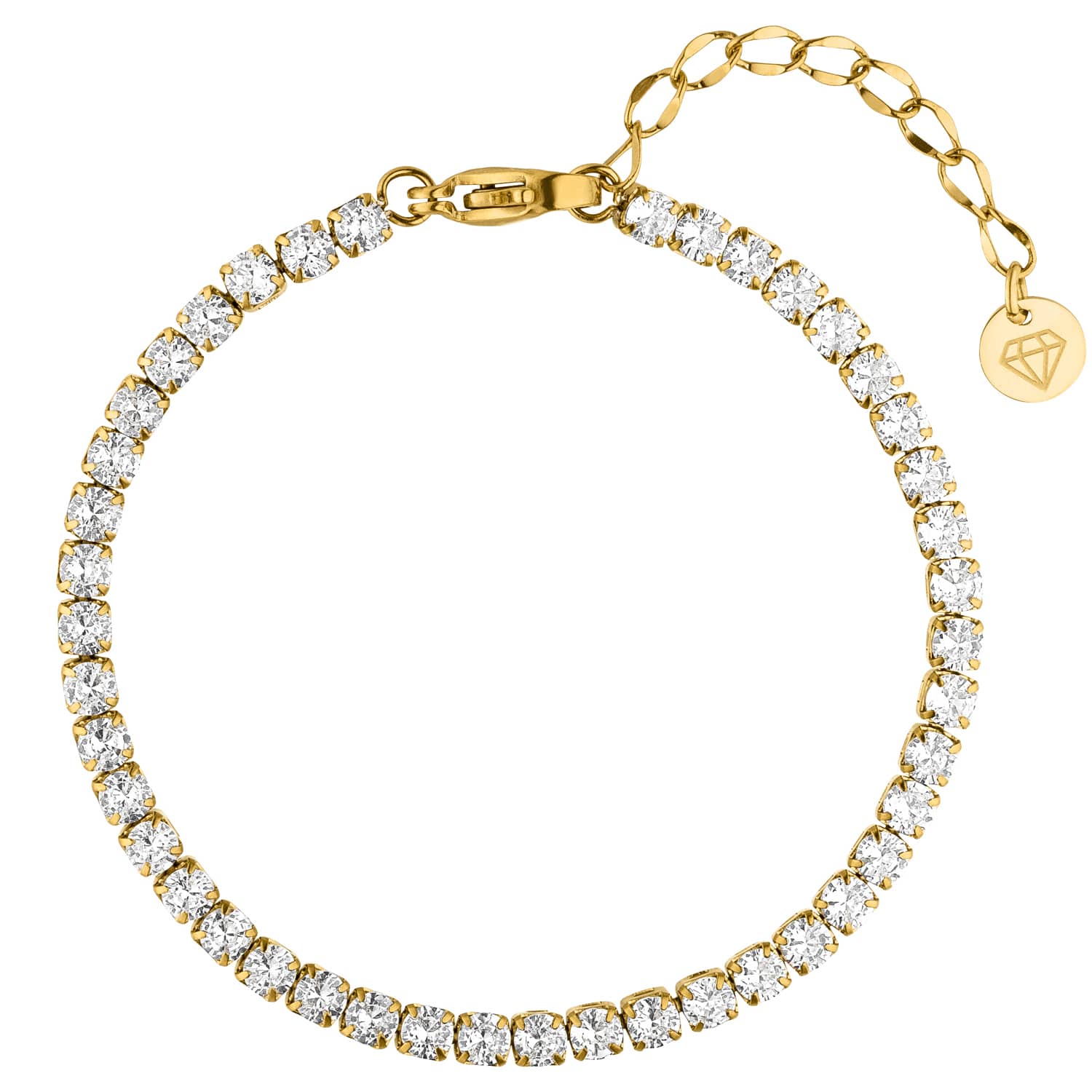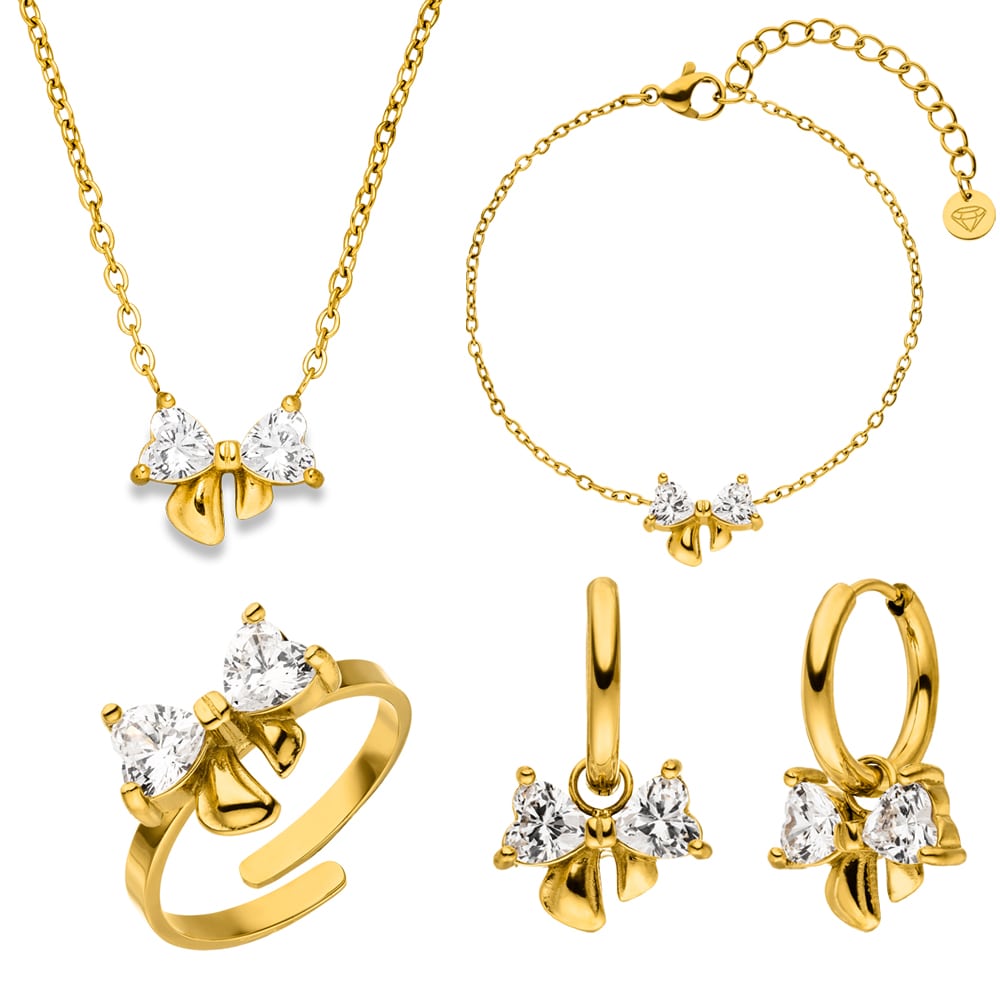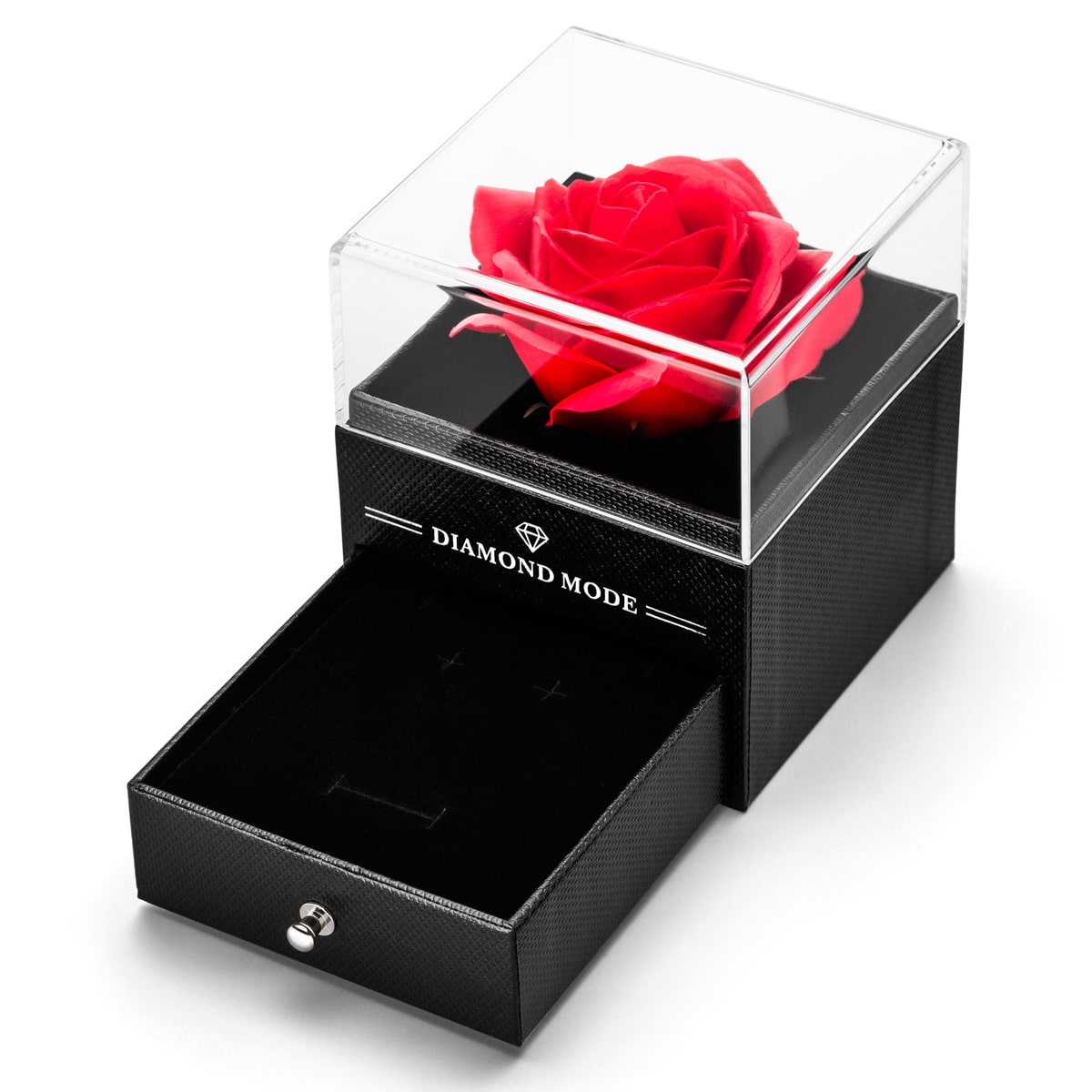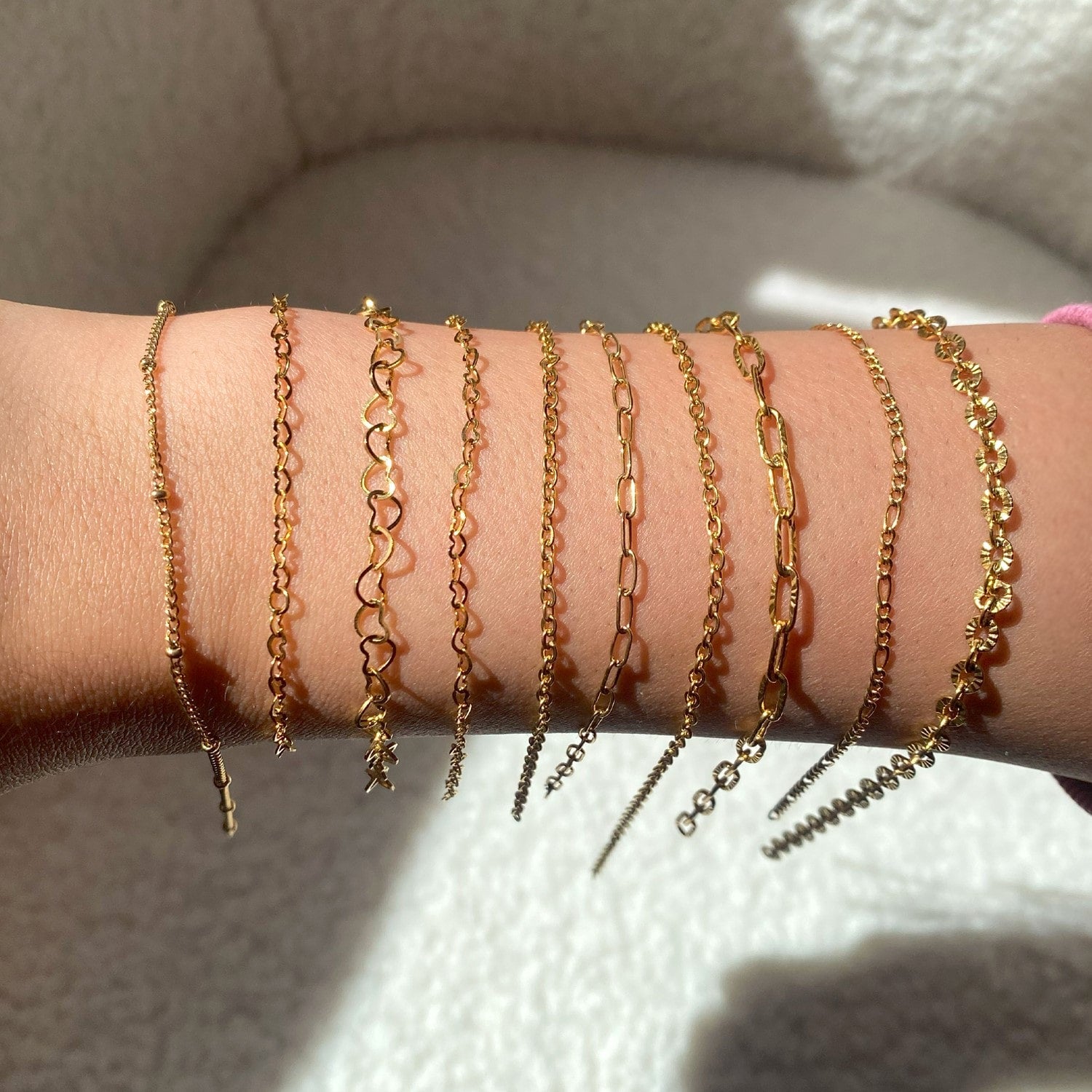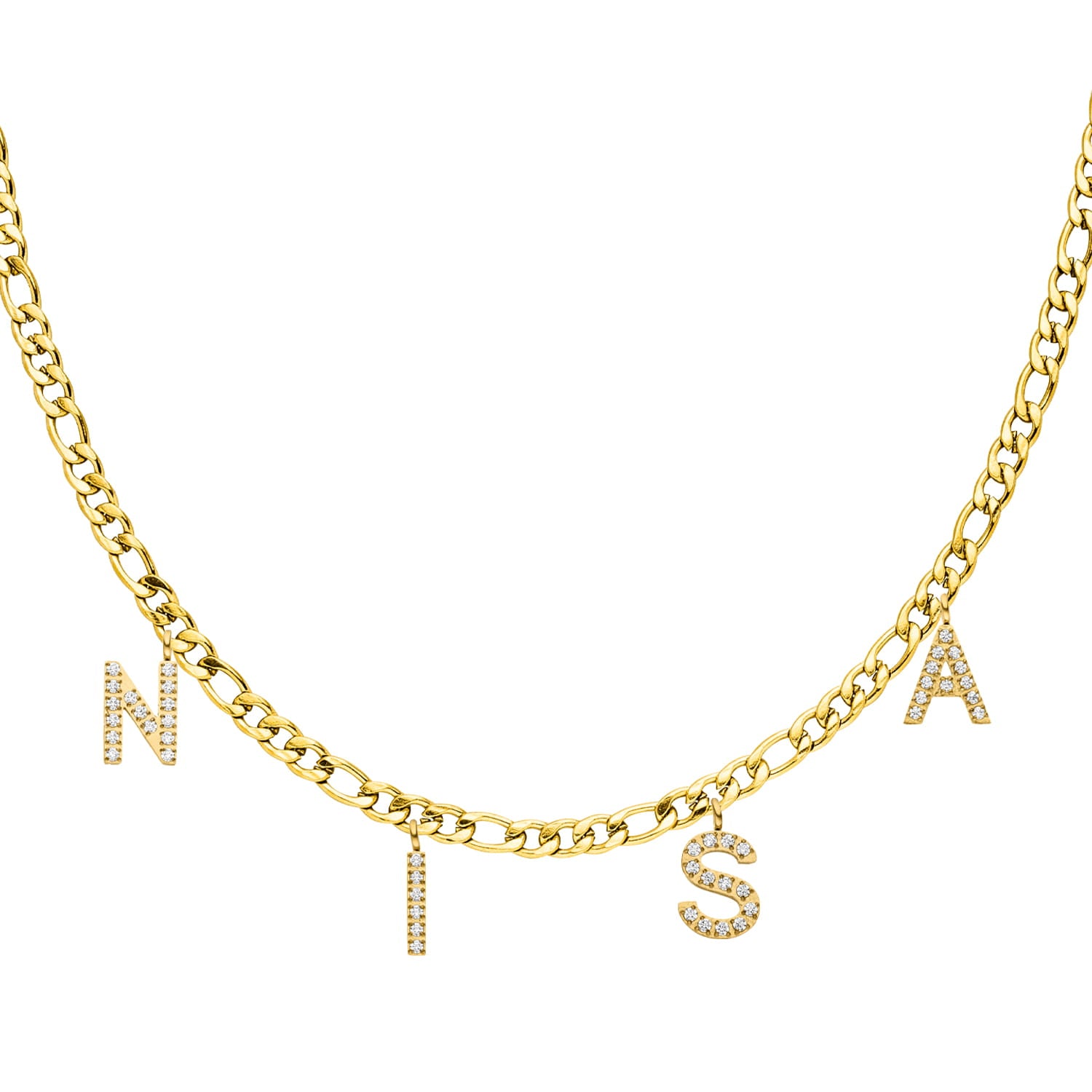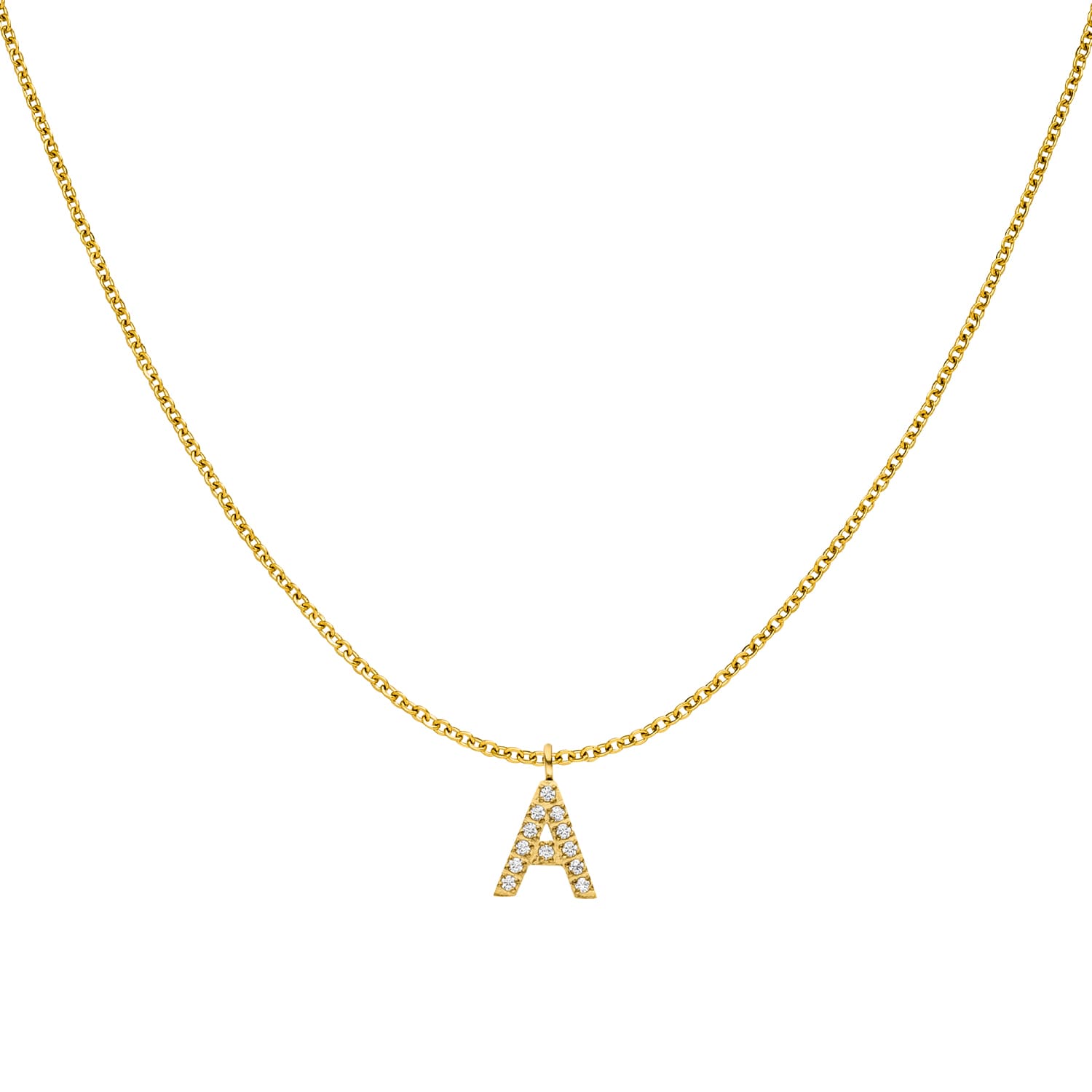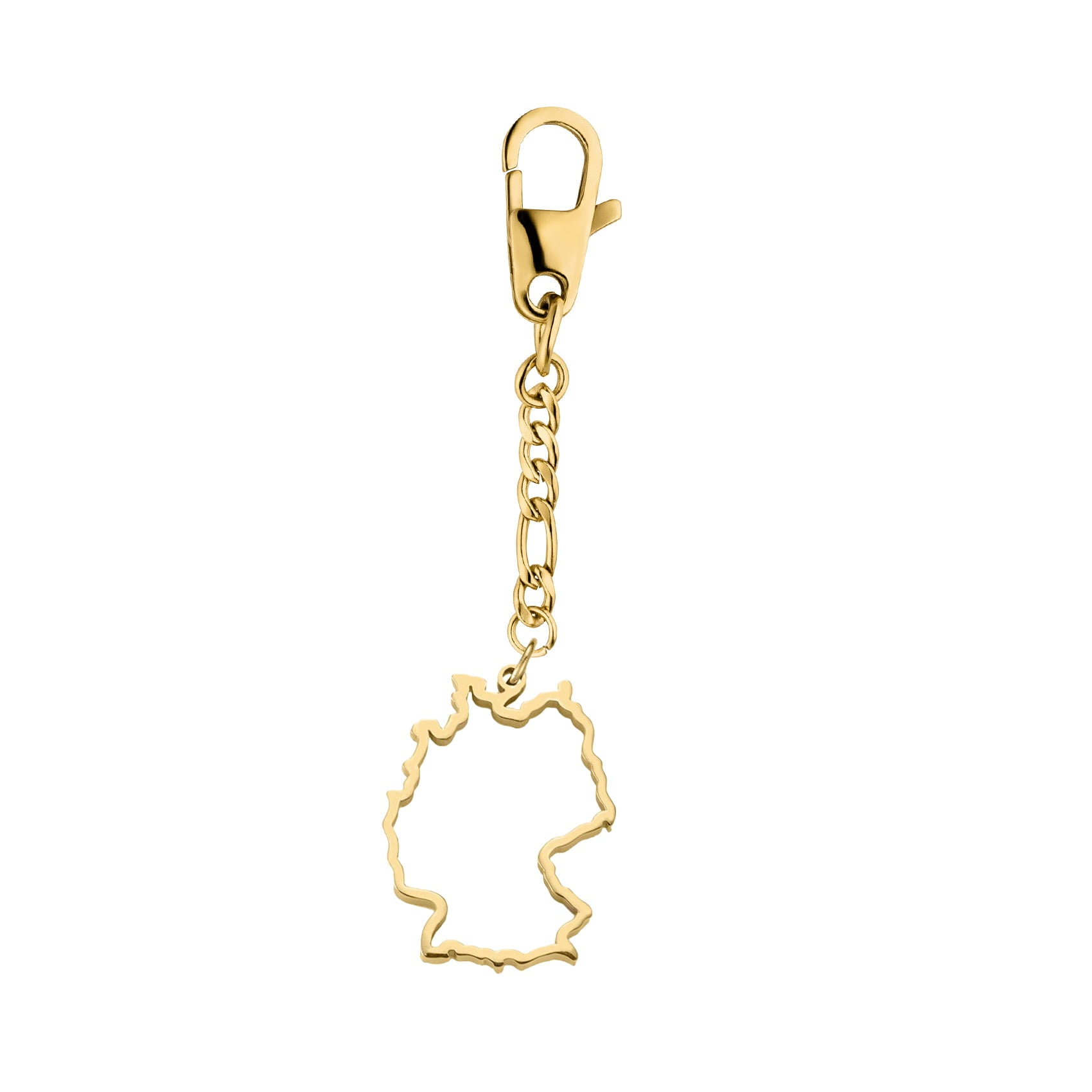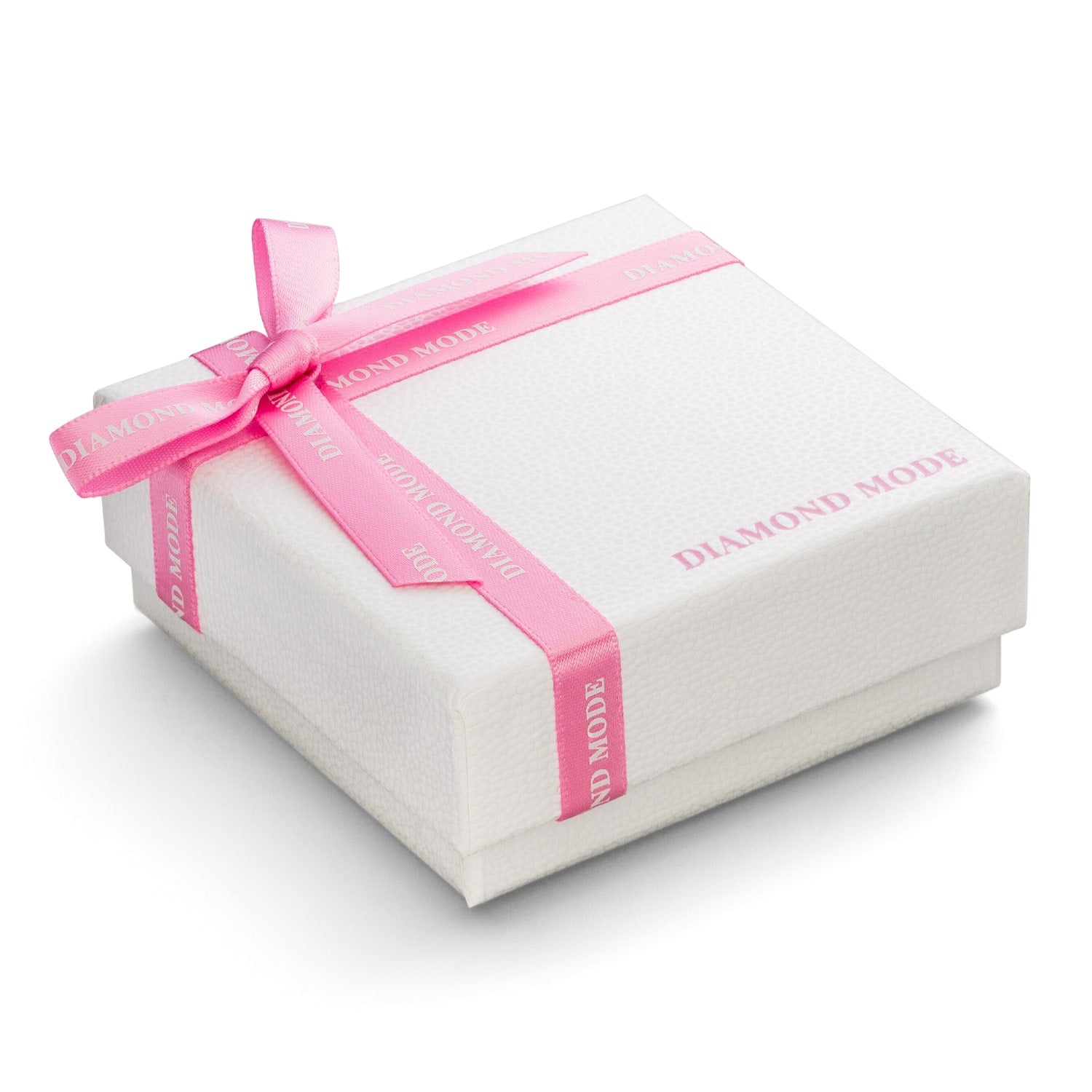Whether in the shower, sunbathing on the beach, or taking a dip in the water, many of us wear jewelry around the clock. But not every favorite piece is made for water, soap, and chlorine. 💦
Maybe you are wondering: "Can I wear my necklace while swimming?" or "Is my ring really waterproof?" 🧐 In this blog, you'll learn which materials will survive everyday life (and water!) unscathed, and what to look out for when wearing them. This way, your jewelry will stay as radiant as you do! ✨
These materials are truly waterproof 💍🌊
Not all jewelry is water-resistant, but some materials are true everyday heroes. Here's an overview:
1. Stainless steel
Stainless steel is robust, rust-proof, and tarnish-resistant, making it perfect for showering, exercising, or beach days. It retains its shine even with frequent contact with water. 💪
2. Titanium
Titanium is particularly lightweight and extremely durable. It doesn't react with water or sweat, making it ideal for permanent skin contact, especially for piercings. 🛁
3. High-quality gold (from 14 carats)
Real gold jewelry from 14 karat upwards is largely water-resistant. Make sure it doesn't contain alloys like nickel, as these can tarnish or cause skin reactions. 💛
4. Platinum
Platinum is one of the most precious and durable jewelry materials. It doesn't oxidize and doesn't lose its quality even with regular contact with water. 💎
5. Gold-plated stainless steel with IP coating
Gold-plated stainless steel is one of the most popular materials in modern jewelry design. This gold plating makes the jewelry particularly resistant to scratches, abrasion, and water.😉
Care tips after water contact 🧼💧
Even waterproof jewelry benefits from a little care after swimming. Rinse your pieces with clean water to remove any salt, chlorine, or soap residue. Then gently dry with a soft cloth. This will prevent buildup and a dull shine. This mini-care routine is especially worthwhile for jewelry you wear every day, ensuring it lasts longer and will keep you looking great. ✨
Be careful with costume jewelry and coatings ⚠️
Even if some pieces shine like real gold, costume jewelry is usually not made for water. Many pieces have only a thin gold plating or delicate coatings that can peel off or discolor due to moisture. If you're unsure about the material you're wearing, it's better to take it off once rather than regret it later. A good rule of thumb: the cheaper the jewelry, the more careful you should be with water. 💡
Danger: It is best to stay away from materials such as copper, Brass or Nickel alloysThese metals are particularly susceptible to discoloration, corrosion, and, in the worst case, can even cause skin irritation – especially with prolonged contact with water. They may look beautiful at first glance, but they are rarely durable. For everyday use (and especially for water!), there are better alternatives. 🚫
Conclusion
Wearing waterproof jewelry isn't risky if you choose the right material. Stainless steel, titanium, platinum, or high-quality gold will retain their shine even when showering, swimming, or exercising. If you want to be on the safe side, take off more delicate pieces and give them a dry break. This way, your jewelry will stay beautiful for a long time, and you'll be worry-free and stylish while you're on the go. ✨



